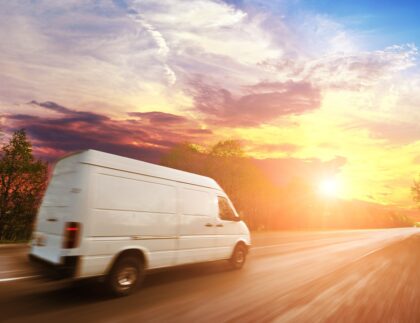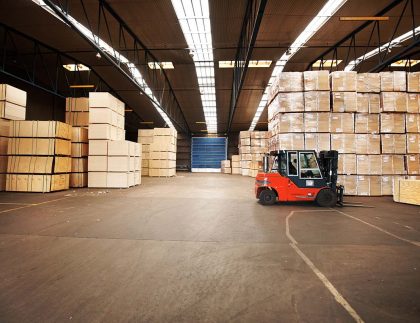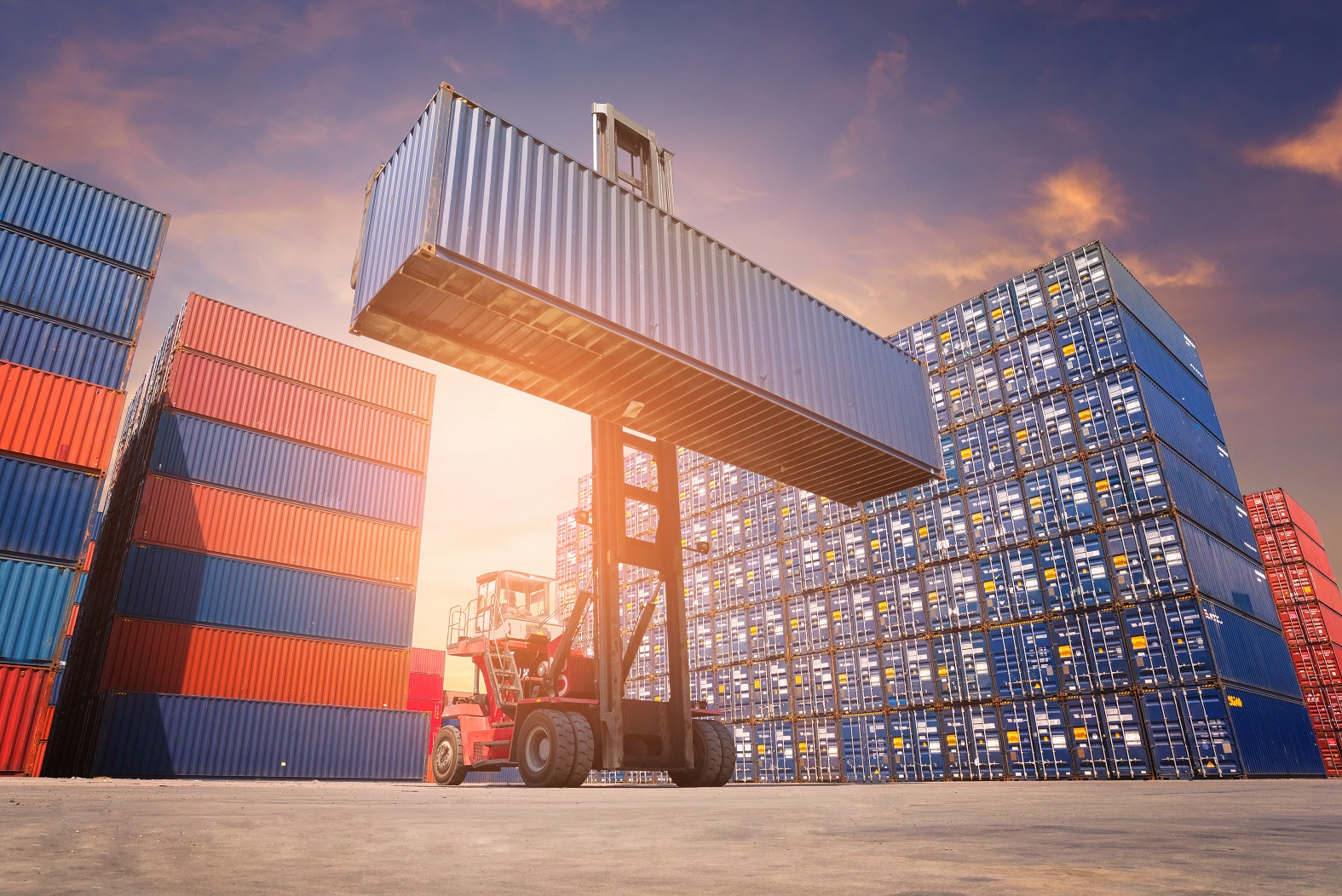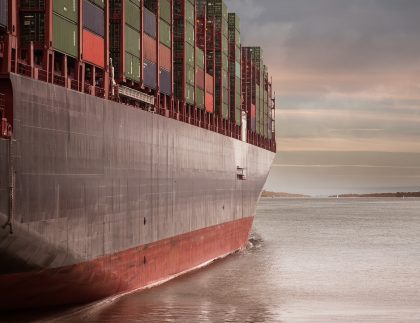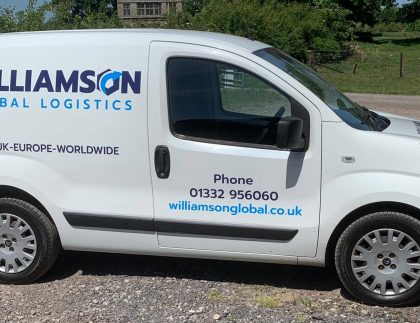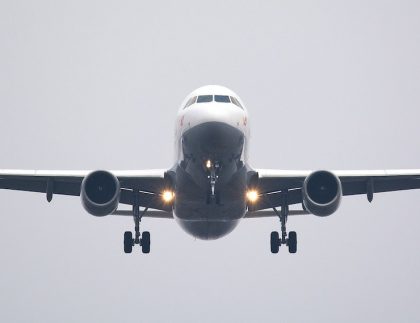
Greener vehicles
Everyone from Tesla to tiny independent startups are racing to create the next generation of delivery vehicles. After all, the switch from high street shopping to home delivery has proven to be a greener choice and 50% of traffic increases in the past 10 years have been due to van drivers delivering parcels.
There are many electric HGVs and articulated lorries in development, which is promising. These vehicles’ large chassis can support the enormous batteries that are required to haul several tonnes of load many hundreds of miles.
There are also large vans, small vans and micro-car derivatives that are designed to complete that final mile or more between the depot and your front door. Manufacturers are also looking even further ahead to see when automated, self-driving technology can be incorporated into these vehicles, making them even more efficient.
Drone deliveries
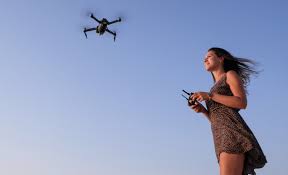
Automated systems are all well and good but the industry has acknowledged that before drones are implemented, the human workers being displaced by the technology need to be able to find employment elsewhere.
But that’s not the only problem facing drone delivery technology. Controlling a drone with such a heavy load as a parcel needs to be refined further than current technology allows. Also, we need to get better at predicting the weather forecast. Places with unpredictable climates, like Scotland, would need to be weather mapped far more accurately.
E-bikes and cargo bikes
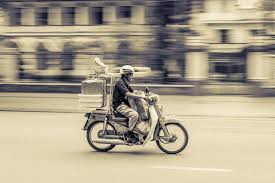
The publication of the McKinsey report, The Future of the Last Mile, is a step toward innovative new techniques in the delivery industry.
In it, the authors lay out the benefits, challenges and potential limitations of automated systems, drones, droids, self-drive vehicles and the role of delivery personnel in all of this and, finally, it circles back to the good old bicycle.
For moving quickly over a densely populated area, two wheels are always going to be better than four. Food delivery companies are already employing more cycle, moped and motorcycle couriers in cities than ever before. What needs to change is the cycle infrastructure in many UK cities.
Once more people and companies are encouraged to use bicycles, using new technologies like e-bikes and cargo bikes, the authorities will need to catch up and provide the road infrastructure that will make it safer, and greener, to ride long distances.
Euro 6 Diesel Engines and Why They Matter
Big claims are being made that in the next few decades internal combustion engines will no longer be offered as a method of propelling vehicles. However, countries and car manufacturers are setting very long deadlines to ensure a smooth economic transfer from fossil fuels to eco-fuels. For example, Britain won’t see a petrol and diesel car ban until 2040.
In the meantime, the best that can be done is to make newly manufactured vehicles as efficient and green as possible. Minimal amounts of particulate matter and emissions is the goal of the Euro 6 specification diesel engines and there is now no diesel vehicle sold in Europe that doesn’t meet the standard.
Williamson Global Logistics is here to help you get your goods where you want, when you want. Wherever you are in the UK to wherever your parcel is going to, trust our expert team to carry and deliver any size and type of load via any means throughout the UK, Europe or worldwide. We have an extensive fleet of vehicles ranging from small vans to artics and with our extensive knowledge and excellent relationships with most leading airlines and shipping lines, we are able to accommodate any shipment – from a single letter to an aircraft engine. We even offer aerospace, biomedical and hazardous goods courier services. For more information, contact us today.
